Connecting with Nature Improves Well-Being
To be human is to be a part of the natural world. Despite humanity’s attempts to distance ourselves from this reality through technological advancements and escapism into the digital realm, we cannot avoid the truth that we are nourished by the Earth’ s oxygen, water, and food sources. In return, we are called to act as stewards of our planet. Seen through the lens of mental health, our bodies yearn for this connection to Earth, and when we deprive ourselves of this need, our system responds by sending out distress signals which may be interpreted as symptoms of depression or anxiety. Thankfully, the solution is relatively straightforward, though not always easily attained – spend more time outdoors.
It’s Only Natural
How often do we stop to ask the critical question “where does my food come from?” while tossing items into our grocery cart. How many of us appreciate the fact that our most nutritious food comes directly from the Earth, fueled by the sun and rain? Our bodies are literally composed of the same elements found in the ocean, air, and stone. As Carl Sagan (1980) wisely pronounced, “The nitrogen in our DNA, the calcium in our teeth, the iron in our blood, the carbon in our apple pies were made in the interiors of collapsing stars. We are made of starstuff.” Being alienated from this fact is like being an alien to oneself. Therefore, it is of the utmost importance that we commune with the rest of nature to repair severed bonds and to better know ourselves.
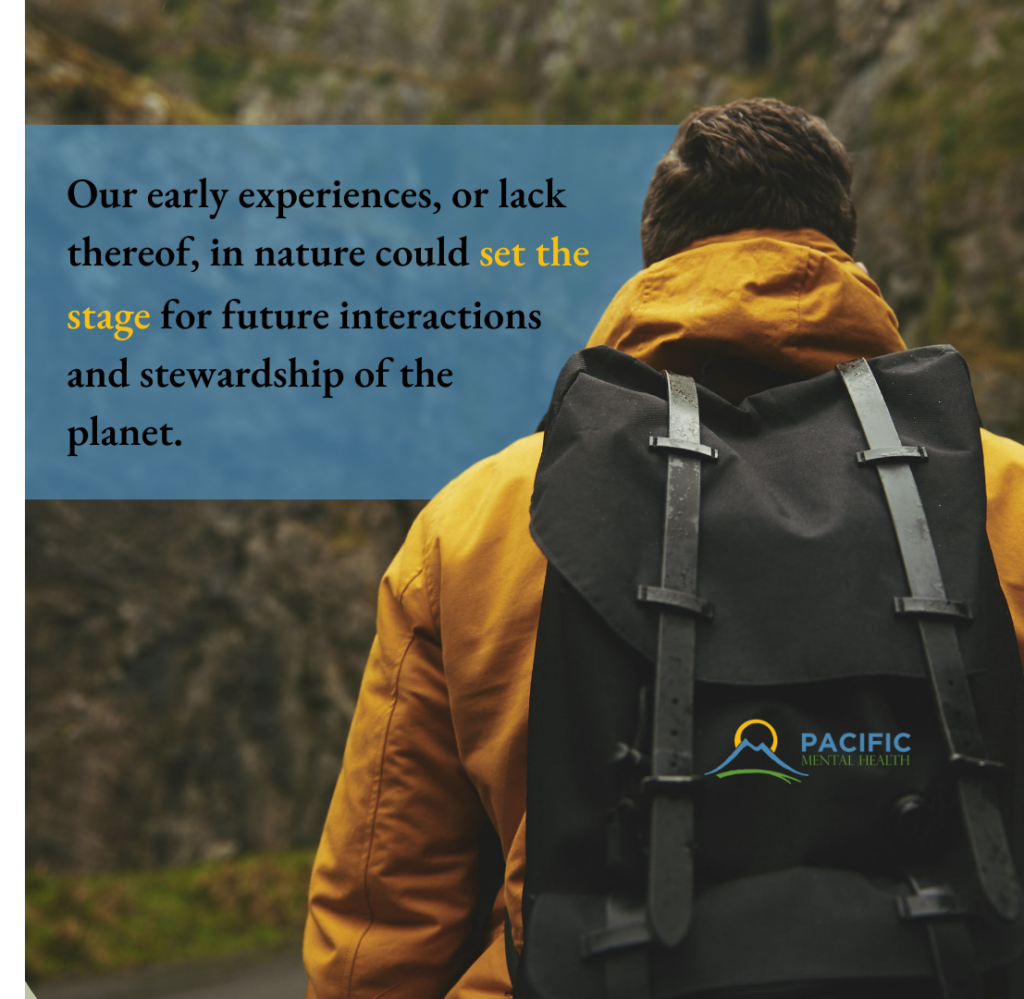
We can consider the importance of our bond with nature through the lens of attachment theory. Developed by John Bowlby, attachment theory proposes that humans require close emotional bonds with caregivers to develop secure attachment styles and how/if those bonds are created in infancy will determine future aspirations and relationships (Simpson & Beckes, 2016). This theory may be extended to consider our relationship with the natural world as well.
Our early experiences, or lack thereof, in nature could set the stage for future interactions and stewardship of the planet. When we spend time outdoors, we realize that we too are of this Earth and will one day return to the ground, making death more like a homecoming. This connection nurtures our mind, body, and spirit and soothes our soul. Yet, if we experience disconnection due to limited or negative exposure outdoors, we may have heightened levels of anxiety and relate more to our digital presence online than our physical presence on Earth. While there is still much research to be done surrounding this concept, it is intuitive enough to begin assessing our own attachment to nature and wonder about ways to strengthen that bond.
Out Of Touch
It is difficult to ignore the consequences of humanity’s collective insecure attachment to the natural world. Our modern relationship to nature is largely dominated by greed, viewing the environment as a resource or commodity to be extracted, used, and thrown away. This mindset is what has led to the current state of environmental degradation and the resulting catastrophic climate crisis. It’s important to note that while this may be the dominant discourse in white European society, there are many Indigenous communities who still live in harmony with the natural world.
This disconnection did not happen overnight. The roots can be traced back all the way to the agricultural revolution in which humans began manipulating and controlling other life forms for our betterment. This was greatly impacted by industrial and later technological revolutions, resulting in the digital era. Now, it is important to note that these advancements were not inherently or completely detrimental. In fact, they led to many incredible and lifesaving technologies along with serving to bring humanity closer as a species. However, they also filled our lives with distractions and made it challenging to “unplug” from technology to remember our humanity. Understandably, people are beginning to experience what has been recently termed “eco-anxiety” or “climate grief.” These are a natural response to the pollution and climate crisis and can be addressed in therapy to help process, understand, and cope with related emotions.
Wellness is Waiting
The good news? You can begin experiencing the benefits of connecting with nature today. Numerous studies point to immediate relief and mood enhancement that takes place when we set the phone down and step outside. Over the long-term, nature exposure results in improved physical wellbeing, mental health outcomes, and cognitive function (Jimenez et al., 2021). Importantly, you must feel safe in order to access these benefits, allowing your nervous system to enter a relaxed parasympathetic state. We live busy lives and for some people this may seem like one more thing to do. So, how much is enough? According to a study by White et al. (2019), at least two hours each week is enough to start reaping serious benefits, peaking at around four hours. These two hours could be achieved all at once or broken up throughout the week; spent at a local park or out in the wilderness. Choose your own adventure.
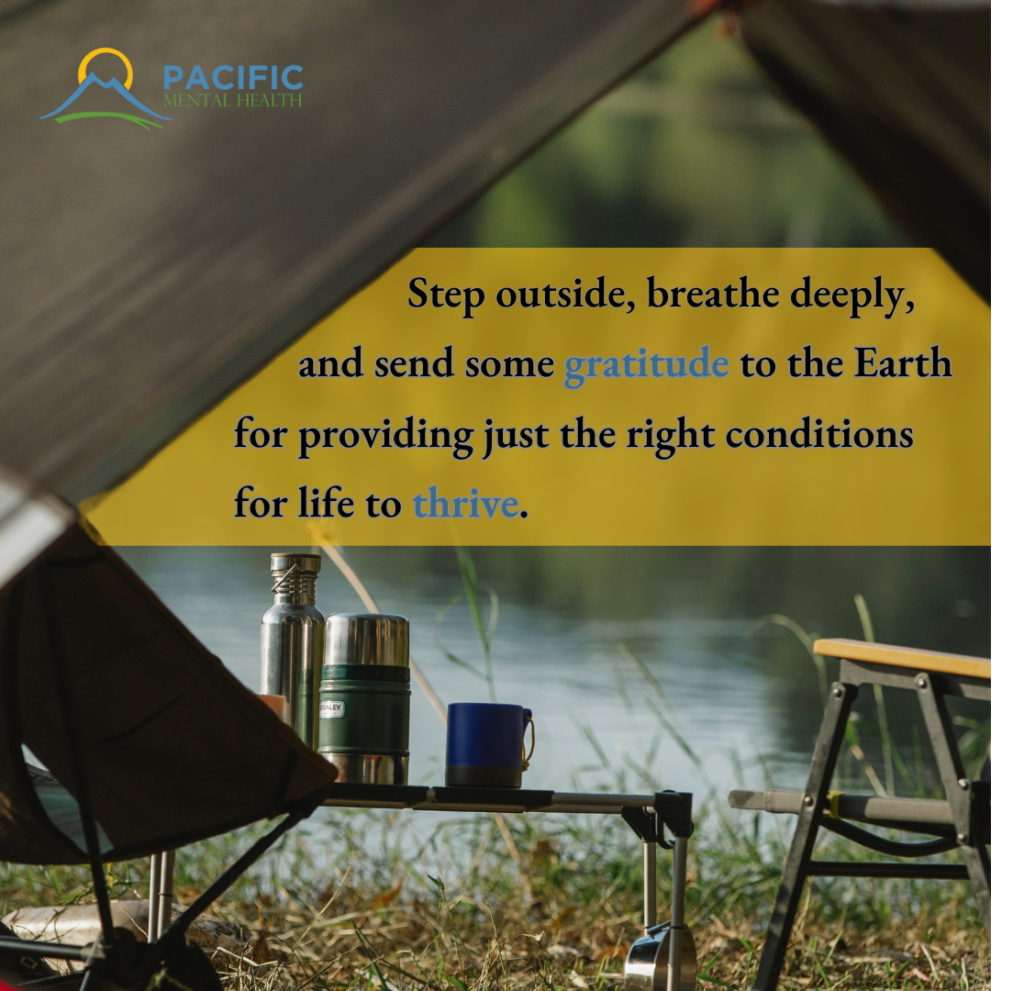
If you find two hours a week to be unattainable or simply not enough, there are other ways to bring nature to you. Having plants in your home or office, setting up a small water feature, or even listening to nature soundscapes can serve to settle our minds and calm our nervous system. If you’re interested in diving into more ways to fulfill your nature connection, ask to see one of our therapists who are versed in ecopsychology. The possibilities are truly endless.
Conclusion
Don’t just take our word for it, go experience it for yourself! The benefits are immediate, long lasting, and don’t cost you a thing. Step outside, breathe deeply, and send some gratitude to the Earth for providing just the right conditions for life to thrive.
Sources
- Jimenez, M. P., DeVille, N. V., Elliott, E. G., Schiff, J. E., Wilt, G. E., Hart, J. E., & James, P. (2021). Associations between Nature Exposure and Health: A review of the evidence. International Journal of Environmental Research and Public Health, 18(9), 4790. https://doi.org/10.3390/ijerph18094790
- Sagan, C (1980). Cosmos: a personal voyage. [TV mini-series]. Carl Sagan
- Productions. PBS Productions.
- Simpson, J., & Beckes, L. (2016). attachment theory. Encyclopædia Britannica. https://www.britannica.com/
- White, M. P., Alcock, I., Grellier, J., Wheeler, B. W., Hartig, T., Warber, S. L., Bone, A., Depledge, M. H., & Fleming, L. E. (2019). Spending at least 120 minutes a week in nature is associated with good health and Wellbeing. Scientific Reports, 9(1). https://doi.org/10.1038/s41598-019-44097-3
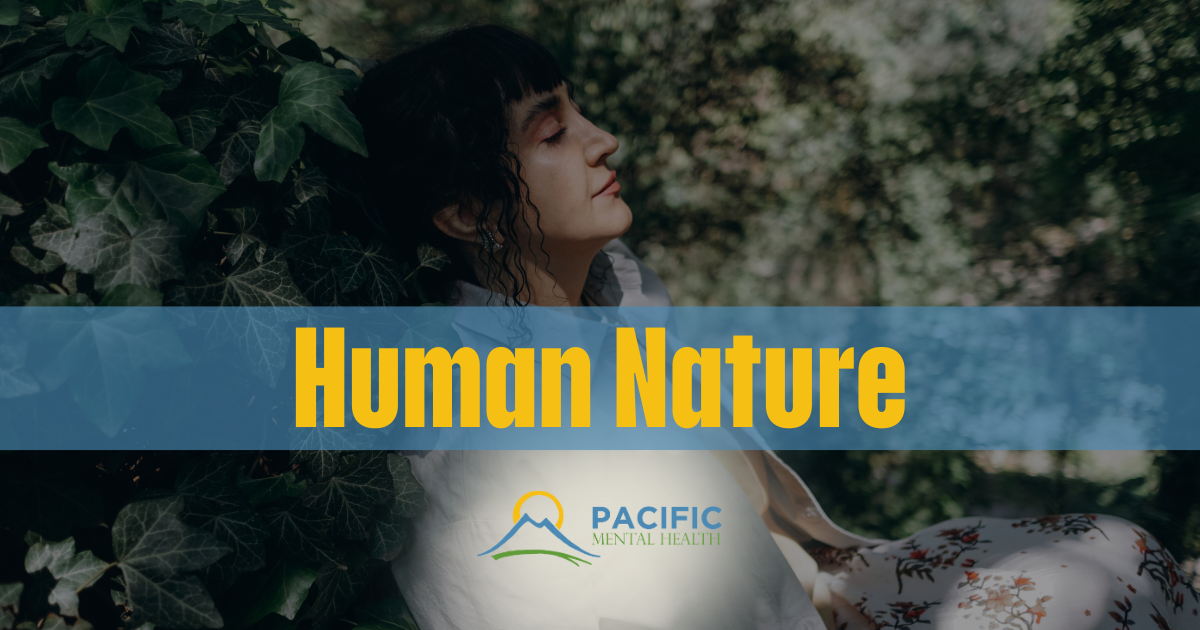

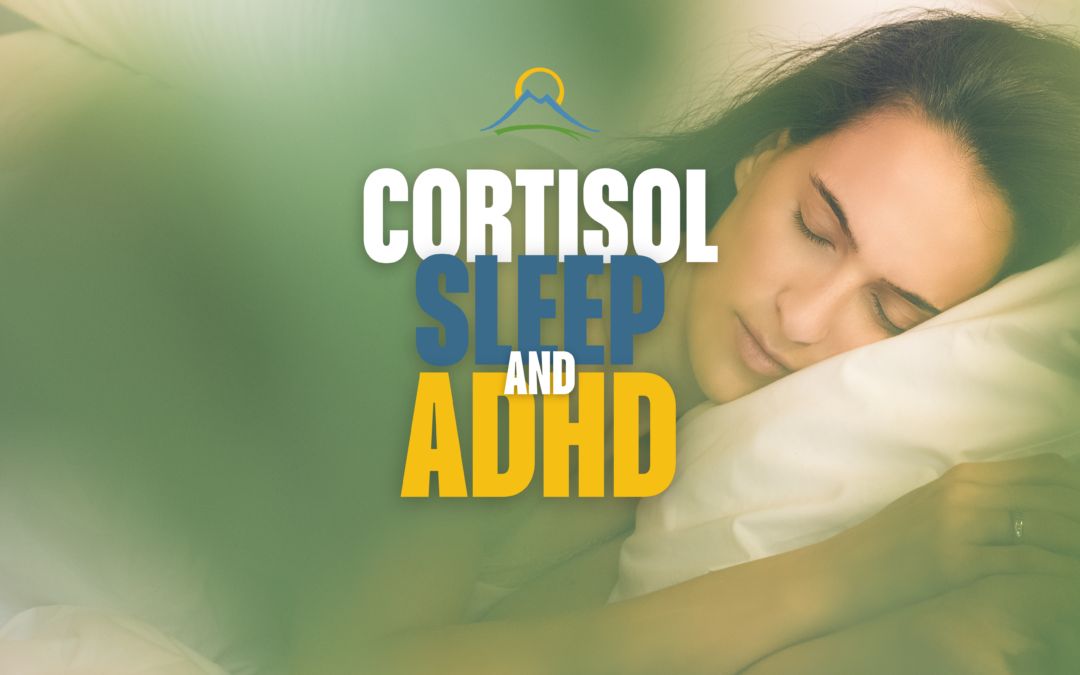
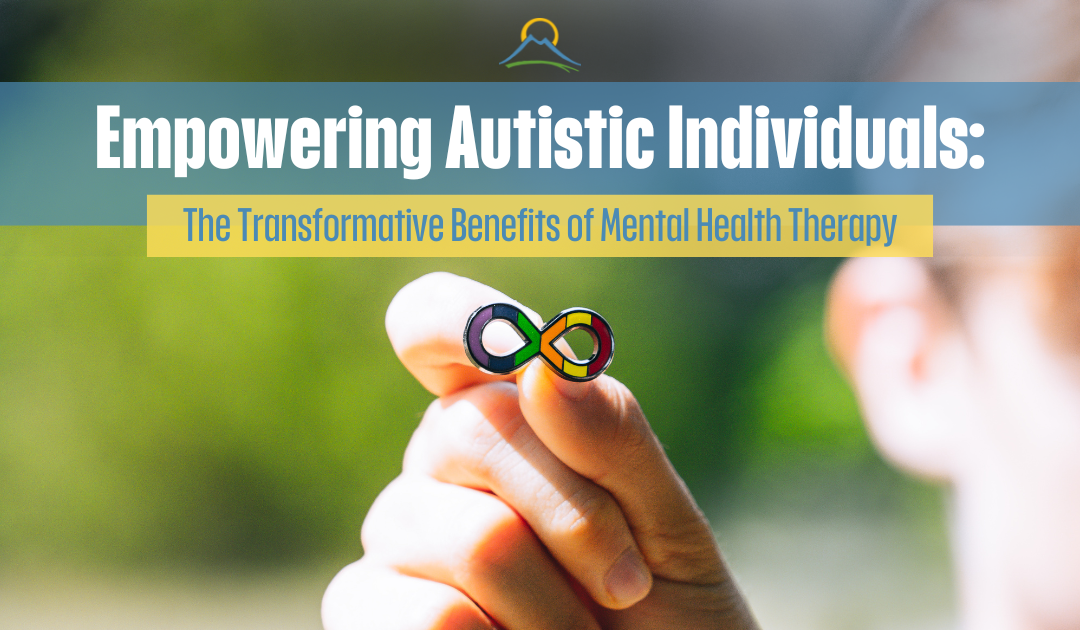


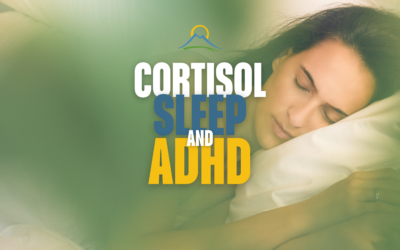
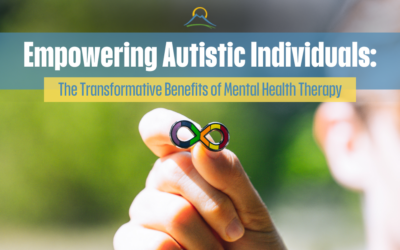

0 Comments